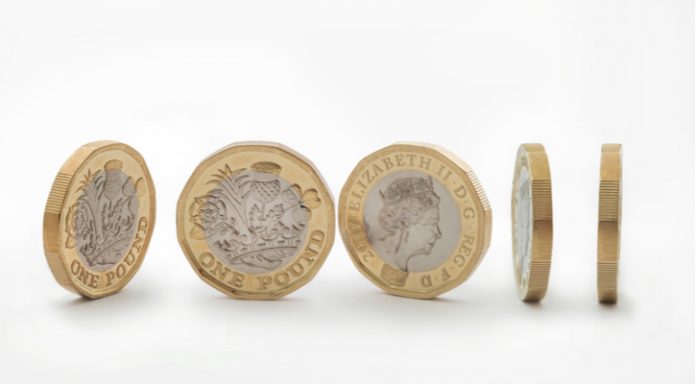Strong growth in the UK service sector boosted the pound, whilst the euro looks nervously ahead to the second confidence vote in the Italian parliament. The pound pushed towards a peak of €1.1463, its highest level in almost a week.
| What do these figures mean? |
|---|
|
When measuring the value of a pair of currencies, one set equals 1 unit and the other shows the current equivalent. As the market moves, the amount will vary from minute to minute. For example, it could be written: 1 GBP = 1.13990 EUR Here, £1 is equivalent to approximately €1.14. This specifically measures the pound’s worth against the euro. If the euro amount increases in this pairing, it’s positive for the pound. Or, if you were looking at it the other way around: 1 EUR = 0.87271 GBP In this example, €1 is equivalent to approximately £0.87. This measures the euro’s worth versus the British pound. If the sterling number gets larger, it’s good news for the euro. |
A solid increase in activity in the service sector in May, pushed the pound higher. The service sector pmi hit 54 in May, up from 52.8 in April and above analysts forecasts of 53. This makes a hat-trick of pmi data beating analysts’ forecasts. Yet, whilst the construction and manufacturing data showed that new orders were falling, new orders in the service sector where strong. This means the jump in service sector activity is not just down to a rebound following unseasonably harsh weather conditions earlier in the year but was also supported by strong new orders. This bodes well for the outlook of the sector. Pound traders were impressed with the data and brought into sterling.
| Why does strong economic data boost a country’s currency? |
|---|
| Solid economic indicators point to a strong economy. Strong economies have strong currencies because institutions look to invest in countries where growth prospects are high. These institutions require local currency to invest in the country, thus increasing demand and pushing up the money’s worth. So, when a country or region has good economic news, the value of the currency tends to rise. |
Today there is no high impacting economic data. Investors will focus on speeches by Bank of England officials, including Ian McCafferty. Mr McCafferty is a known hawk so there is a strong possibility that he will speak of favouring an interest rate rise sooner rather than later and this could boost the pound.
Vote of Confidence in Italian Parliament
After the political turmoil in Italy last week, the situation is certainly much calmer. However, the euro is under pressure as the new Italian coalition government passes through the vote of confidence by the Italian Parliament.
The new government is comprised of two populist parties. However, apart from their Eurosceptic stance, they actually have very little in common. This partly explains why it has taken over three months for the two parties to reach an agreement to govern as a coalition.
Today sees the second vote in the Italian parliament, which is expected to go through. However, this is unlikely to be a smooth-running government given the broad differences between the parties. Furthermore, the areas where they do agree are potentially very dangerous areas, such as exit from the euro. Euro traders are showing signs of nervousness as politics are likely to remain a key topic.
| How does political risk have impact on a currency? |
|---|
| Political risk drags on the confidence of consumers and businesses alike, which means both corporations and regular households are then less inclined to spend money. The drop in spending, in turn, slows the economy. Foreign investors prefer to invest their money in politically stable countries as well as those with strong economies. Signs that a country is politically or economically less stable will result in foreign investors pulling their money out of the country. This means selling out of the local currency, which then increases its supply and, in turn, devalues the money. |
|
This article was initially published on TransferWise.com from the same author. The content at Currency Live is the sole opinion of the authors and in no way reflects the views of TransferWise Inc. |





